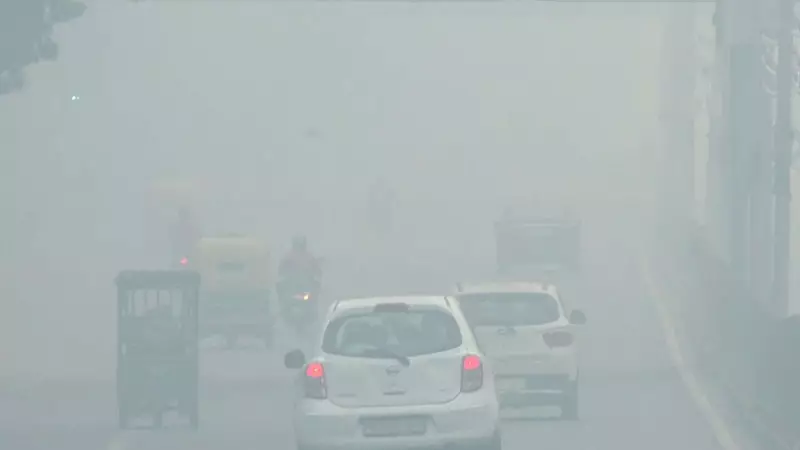
Delhi's air quality has taken a dramatic turn for the worse, with the Air Quality Index (AQI) plunging into the 'severe' category across the National Capital Region. The thick layer of smog blanketing the city has raised serious health concerns among medical professionals and environmental experts alike.
Why Delhi's Air Has Become a Health Emergency
The combination of vehicle emissions, industrial pollution, seasonal agricultural burning, and unfavorable meteorological conditions has created a perfect storm for air quality deterioration. The visible haze isn't just an inconvenience—it's a serious threat to public health that demands immediate action.
5 Critical Precautions You Cannot Ignore
1. Master the Art of Masking
Not just any mask will do. Standard cloth masks offer little protection against fine particulate matter. Invest in N95 or N99 respirators that properly seal around your nose and mouth. Ensure you wear them whenever stepping outside, especially during morning and evening hours when pollution peaks.
2. Rethink Your Outdoor Routine
Avoid early morning walks and late evening outings when pollution levels are typically highest. Shift your exercise routine indoors or schedule outdoor activities for midday when air quality tends to improve slightly. Children, elderly individuals, and those with pre-existing respiratory conditions should minimize outdoor exposure entirely.
3. Create Your Indoor Sanctuary
Keep windows and doors closed during high-pollution hours. Consider investing in air purifiers with HEPA filters, particularly for bedrooms and living areas. Indoor plants like snake plants and peace lilies can provide additional air purification benefits.
4. Stay Hydrated and Boost Immunity
Increase your water intake to help flush out toxins. Incorporate antioxidant-rich foods like turmeric, ginger, and vitamin C-packed fruits into your diet. Herbal teas with tulsi and ginger can provide additional respiratory support.
5. Monitor and Plan Accordingly
Download reliable air quality monitoring apps and check them regularly. Plan your day around pollution forecasts, scheduling essential outdoor activities when AQI levels are relatively better. Avoid high-traffic areas and construction sites whenever possible.
Special Considerations for Vulnerable Groups
Children and Elderly: Their developing or compromised respiratory systems make them particularly susceptible. Limit their outdoor exposure and watch for symptoms like coughing, wheezing, or breathing difficulties.
Asthma and Heart Patients: Keep emergency medications handy and consult your doctor about adjusting dosages during high-pollution periods. Monitor symptoms closely and seek immediate medical attention if conditions worsen.
Outdoor Workers: If you must work outside, proper protective equipment becomes non-negotiable. Take frequent breaks in cleaner indoor environments and stay vigilant about any health changes.
The Bigger Picture
While individual precautions provide temporary relief, experts emphasize that long-term solutions require systemic changes—reduced vehicle emissions, cleaner industrial technologies, and sustainable agricultural practices. Until then, personal protection remains our first line of defense against Delhi's airpocalypse.
The current situation serves as a stark reminder that air pollution isn't just an environmental issue—it's a pressing public health crisis that demands both immediate personal action and sustained policy interventions.





